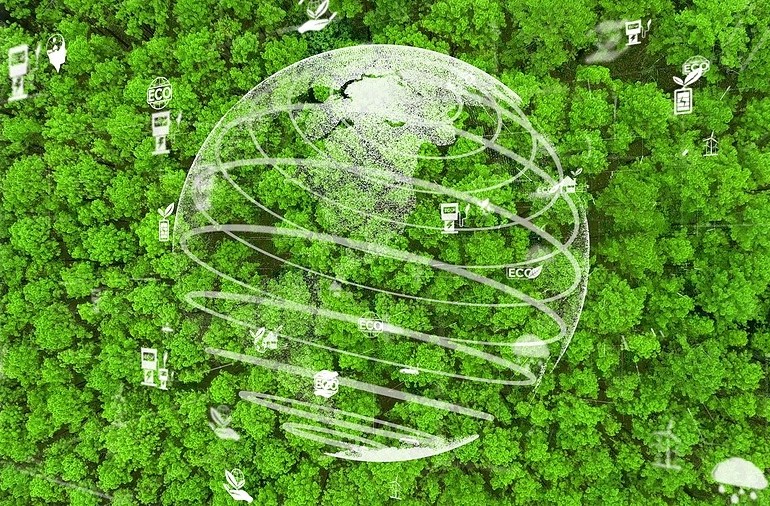News
Sustainable Water Management Challenge ‘Must Be Addressed’

Carried out by the Potsdam Institute for Climate Impact Research, computer simulations found that without sustainability at the heart of irrigation of biomass plantations for energy production, coupled with population growth, the global area and the number of people living under extreme water stress by the turn of the century could double.
Lead author of the study Fabian Stenzel explained that adopting a sustainable approach where water is concerned could “almost halve the additional water stress, compared to another analysed scenario of strong climate change unmitigated by bioenergy production”.
Bioenergy is widely regarded as one of the best options to drive down greenhouse gases to achieve the Paris Agreement climate goals, particularly if combined with carbon capture from biomass power plants and storing it underground.
However, large-scale bioenergy plantations require both land and a lot of freshwater for irrigation, which can have a negative impact on the planet.
The simulations revealed that population growth, coupled with unmitigated global warming, would increase the numbers of those under water stress by around 80 per cent, but climate change could be limited by enhanced use of bioenergy with carbon capture and storage.
Plant growth absorbs CO2 from the air and uses it in their trunks, twigs and leaves. This biomass can be burned in power plants and the CO2 then captured and stored underground to help reduce the amount of greenhouse gases in the atmosphere – known as negative emissions.
Co-author of the report Dieter Gerten observed: “While substantial irrigation implied in a bioenergy plus CCS scenario including population growth suggests a 100 per cent increase in the number of people facing water stress, combining it with sustainable water management brings the number down to 60 per cent. This, of course, is still an increase, so challenging trade-offs are on the table.”
There are other ways in which water resources can be protected around the world and there are all sorts of different and innovative technologies being developed to help in this regard, such as using nylon netting to collect dew, which can then be harvested to meet the needs of local communities.
Desalination is also another option for water conservation, but this is a very energy-intensive process. Scientists at Shinshu University in Japan have been looking at how graphene coatings could be used for filtration membranes to help make the process more efficient and scalable, which is certainly exciting news.
And there’s a lot that businesses themselves can do to help reduce pressure on water supplies, ranging from rainwater harvesting and automated meter reading to water audits and water leak detection and repair. Get in touch with H2o Building Services today to find out more.